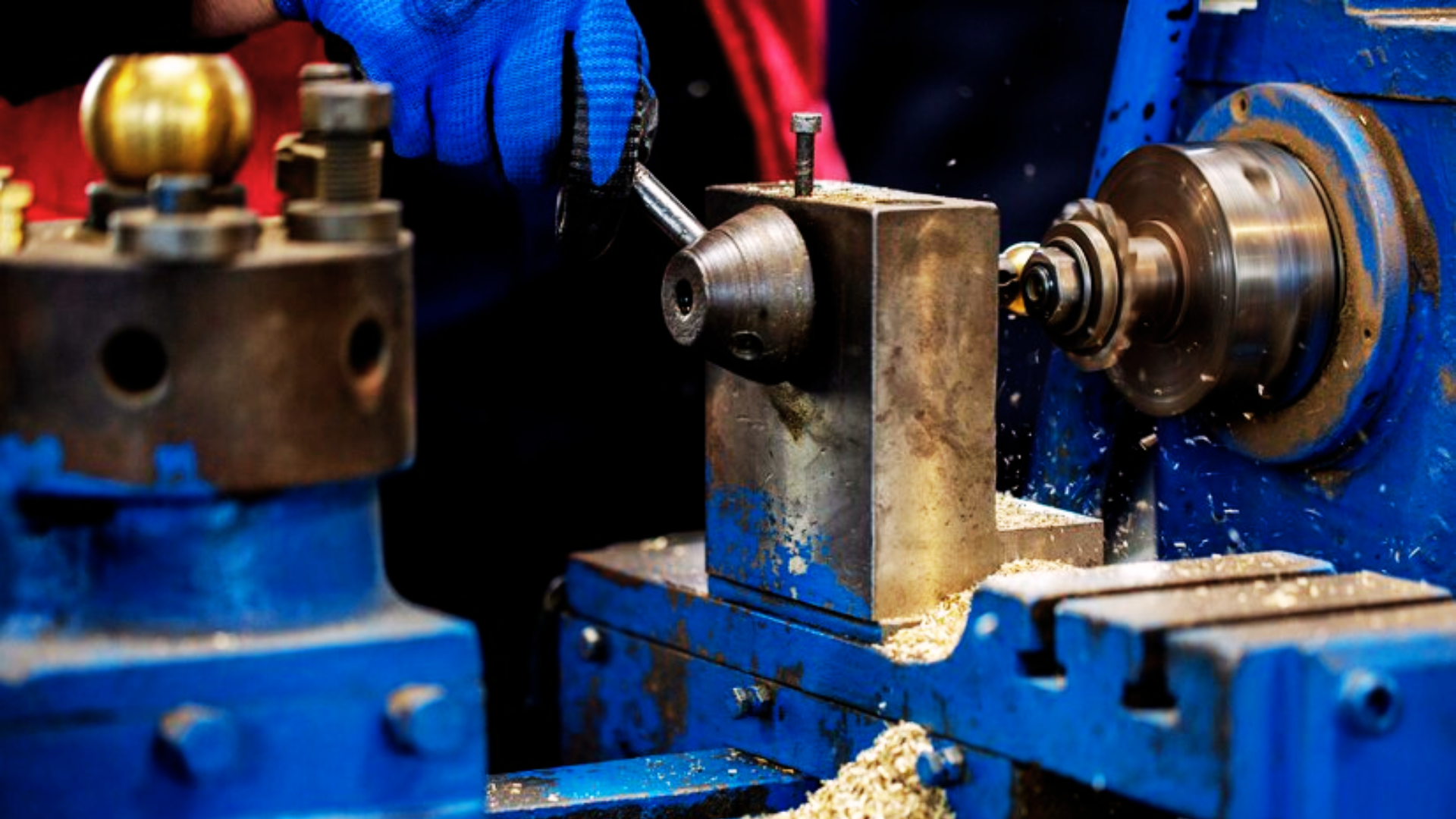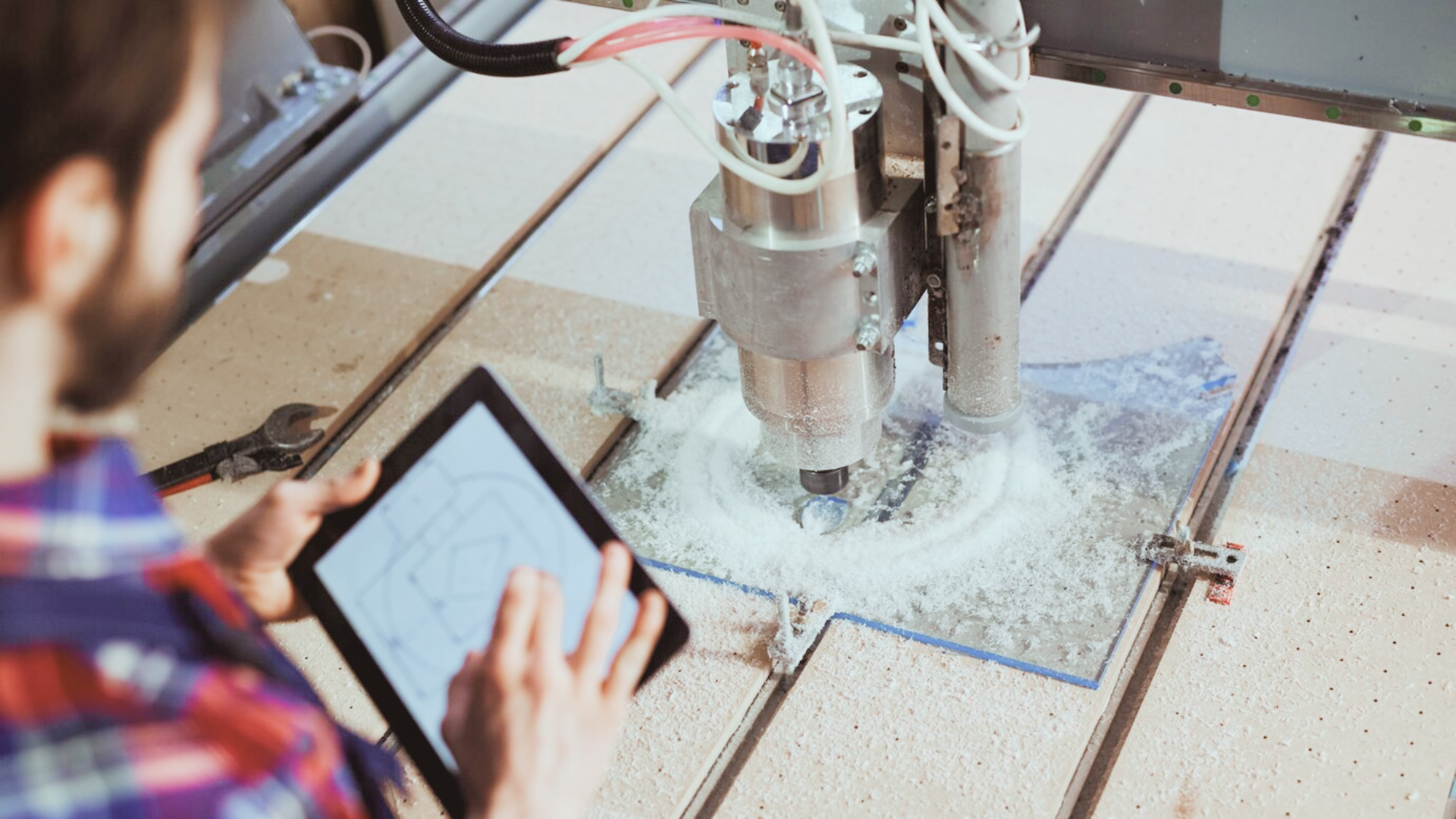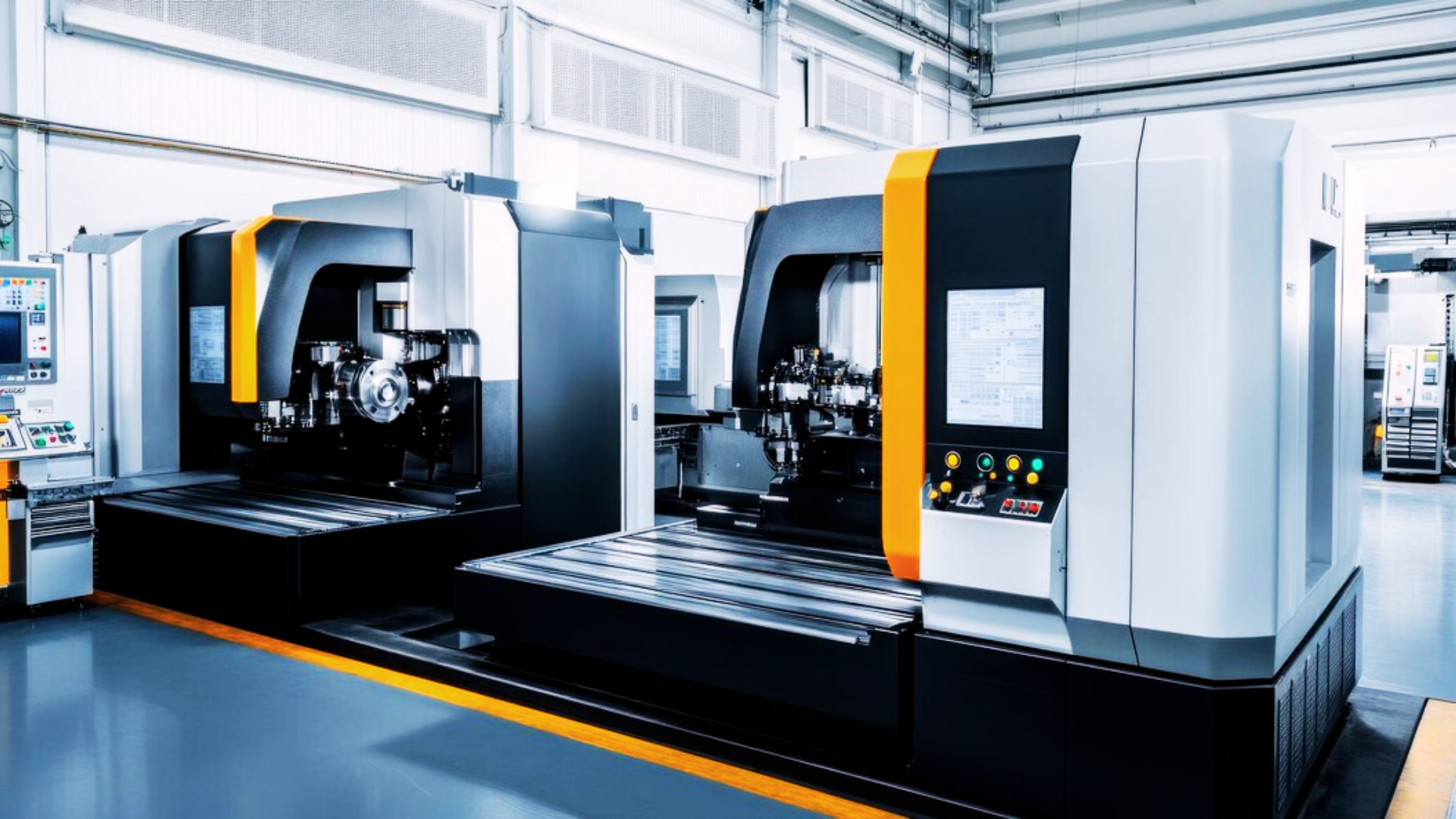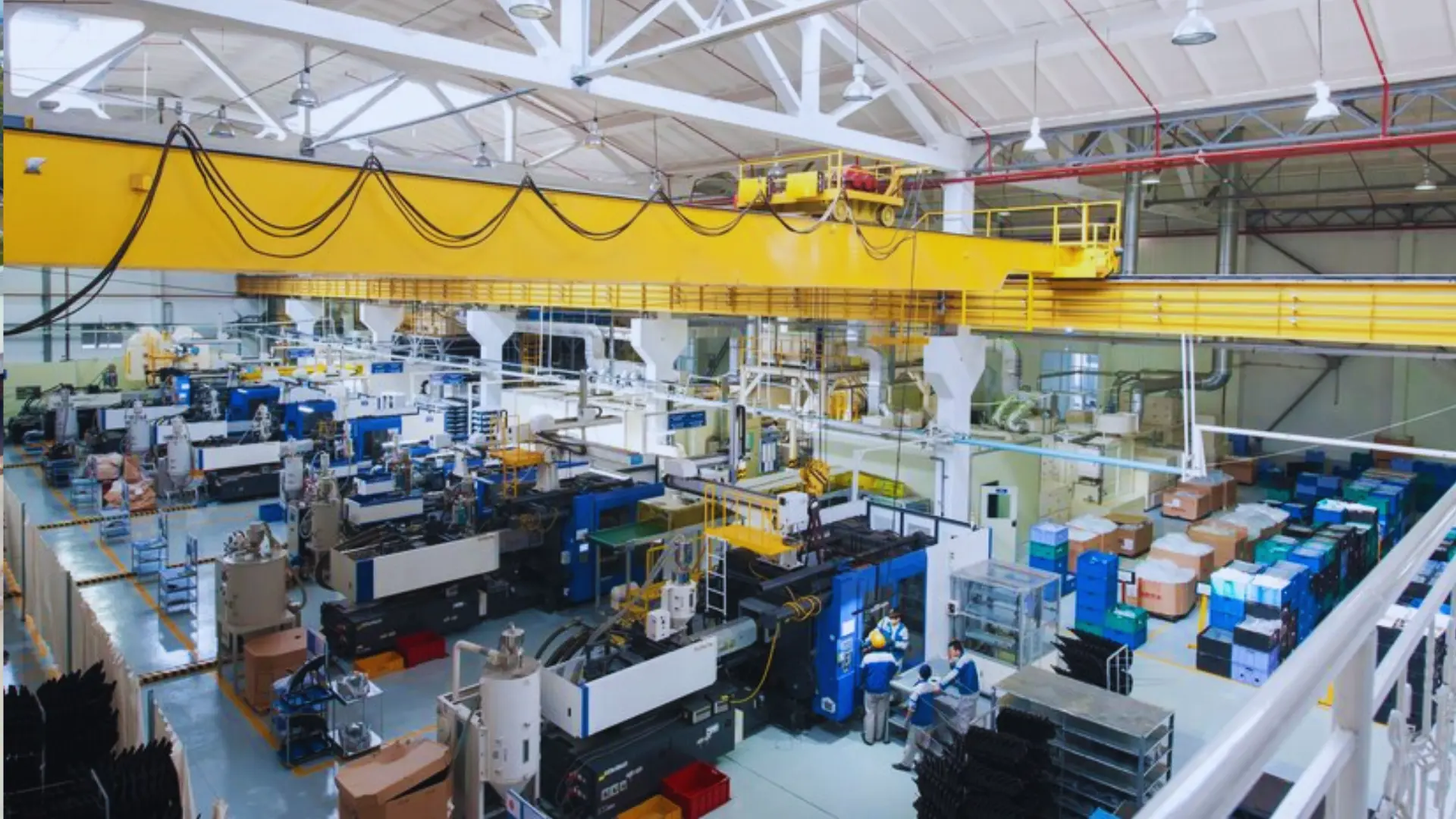How to Opt for the Right Option for Heavy Machinery Requirements: Used Machinery Loans
For businesses, particularly MSMEs and small manufacturing units, acquiring the necessary machinery to scale operations is a crucial investment. While buying new machinery might seem like the ideal choice, it comes with a significant financial burden.
Fortunately, machinery loans provide a viable alternative, allowing businesses to obtain high-quality equipment without the need for a substantial initial investment. This article explores the advantages of machinery financing, eligibility criteria, and the best strategies for securing a used machinery loan.
The Advantages of Used Machinery Loans
Opting for a used machinery loan over purchasing new equipment can offer significant benefits and proves to be a viable solution for MSMEs.
1. Significant Cost Savings
One of the most compelling reasons to opt for used machinery financing is the significant cost savings it offers. Used machinery often comes at a fraction of the cost of new equipment, allowing businesses to spread the cost over time through flexible financing options. This financial strategy enables businesses looking to scale their operations to allocate funds more effectively toward other critical areas.
2. Improved Cash Flow Management
Purchasing new equipment outright can strain a business’s cash flow, making it difficult to meet other operational needs. A business loan designed for used machinery allows entrepreneurs to manage their cash flow more efficiently by providing structured repayment options. Choosing the right loan terms ensures that repayment schedules align with the business’s revenue cycle, minimising undue financial pressure.
3. Faster Access to Machinery
Lead times for acquiring the latest equipment can be lengthy. Opting for used equipment significantly reduces these wait times, enabling businesses to expedite their production capacity and maintain operational efficiency. Since lenders typically offer machinery financing based on the existing machinery’s value and track record, businesses can acquire essential tools for their operations without unnecessary delays.
4. Financial Flexibility and Favourable Loan Terms
Machinery loans over buying new equipment provide businesses with financial flexibility by offering favourable loan terms tailored to their repayment capacity. Lenders take various factors, such as credit history and business profitability, into account while determining eligibility criteria. This allows businesses to select repayment options that align with their long-term financial goals without jeopardising financial stability.
5. Avoiding Depreciation Costs
New machinery depreciates rapidly, reducing its resale value over time. When a business buys a new machine, it must account for depreciation in its financial strategy. Used equipment, on the other hand, has already undergone the majority of its depreciation, allowing businesses to avoid significant financial losses typically associated with purchasing new machinery.
When to Consider Used Machinery Financing?
1. When Looking to Scale Operations
Businesses looking to expand their operations without depleting their capital reserves should consider used machinery financing. This financing option allows businesses to acquire the specific equipment they need to increase production efficiency while maintaining cash flow stability.
2. When Financial Stability is a Priority
Smaller businesses and MSMEs often face budget constraints that make large purchases challenging. A used machinery loan provides a tool for businesses to manage their finances prudently, ensuring that capital remains available for other operational needs such as workforce expansion and inventory management.
3. When Upgrading Existing Machinery
Companies that already own equipment but need advanced machinery to enhance productivity can benefit from machine loans. Financing options allow businesses to purchase the machinery they need without disrupting their budget. By spreading costs over a repayment schedule, businesses can maintain profitability while improving operational efficiency.
4. When Considering Cost Over Time
For entrepreneurs assessing whether to buy new or used equipment, spreading the cost over time is a crucial factor. A used machinery loan enables businesses to acquire necessary machinery at a lower cost while avoiding the heavy financial burden that comes with purchasing new equipment.
How to Get Used Machinery Loans?
1. Assess Your Business Needs
Before applying for an equipment loan, businesses should evaluate their specific equipment requirements. Whether it is heavy machinery, production tools, or other necessary assets, understanding business goals ensures that the financing decision aligns with operational needs.
2. Check Loan Eligibility Criteria
Lenders consider several factors when assessing eligibility for a machinery loan, including the business’s track record, credit history, and financial stability. Business owners should review the terms and conditions of various lenders to determine which offers the best repayment options.
3. Compare Financing Options
Different lenders offer a range of financing options, each with its own repayment terms and interest rates. Comparing these options helps businesses choose the right plan that provides flexibility while aligning with their repayment schedule.
4. Understand Loan Terms and Conditions
Businesses should thoroughly review loan terms, including interest rates, eligibility requirements, and repayment conditions. Some lenders offer loans without strict collateral requirements, making it easier for smaller businesses to access financing.
5. Prepare the Loan Application
A strong loan application should include detailed financial statements, proof of profitability, and an overview of how the equipment financing will support business growth. Businesses should ensure that all necessary documentation is in place to expedite the loan approval.
6. Finalise the Loan and Purchase the Machinery
Once the loan approval is secured, businesses can purchase the machinery they need. Whether acquiring pre-owned or specific equipment, ensuring the machine is in good condition will maximise its useful life and maintain production efficiency.
Conclusion
For businesses weighing the pros and cons of purchasing new equipment versus opting for a used machinery loan, the advantages of financing often outweigh the benefits of buying new. Machinery loans provide businesses with the flexibility to acquire high-quality equipment without the financial strain of an upfront purchase.
Businesses can spread the cost over time, align their repayment schedule with revenue generation, and maintain operational efficiency. With favourable loan terms and a variety of financing options available, businesses can choose the right strategy to meet their financial and operational needs while driving long-term growth.
What are pre-owned machinery loans?
FAQs
Pre-owned machinery loans provide financial assistance to businesses for acquiring used or second-hand equipment. Since the loan amount is typically lower than that required for new machinery, this option is more budget-friendly for businesses.
Why should I choose pre-owned machinery instead of new equipment?
Investing in pre-owned machinery helps businesses save on initial costs, freeing up capital for other investments. Additionally, used machinery is often readily available and has a tested performance record, avoiding long wait times for new equipment.
How does the cost of financing pre-owned machinery compare to buying new equipment?
Pre-owned machinery usually costs less. This leads to reduced loan amounts, smaller monthly payments, and lower interest expenses compared to financing new machinery.
What advantages does financing pre-owned machinery offer over using personal funds?
Opting for financing helps maintain cash flow, safeguards working capital, and allows businesses to distribute the cost over a period, making financial management more efficient.




